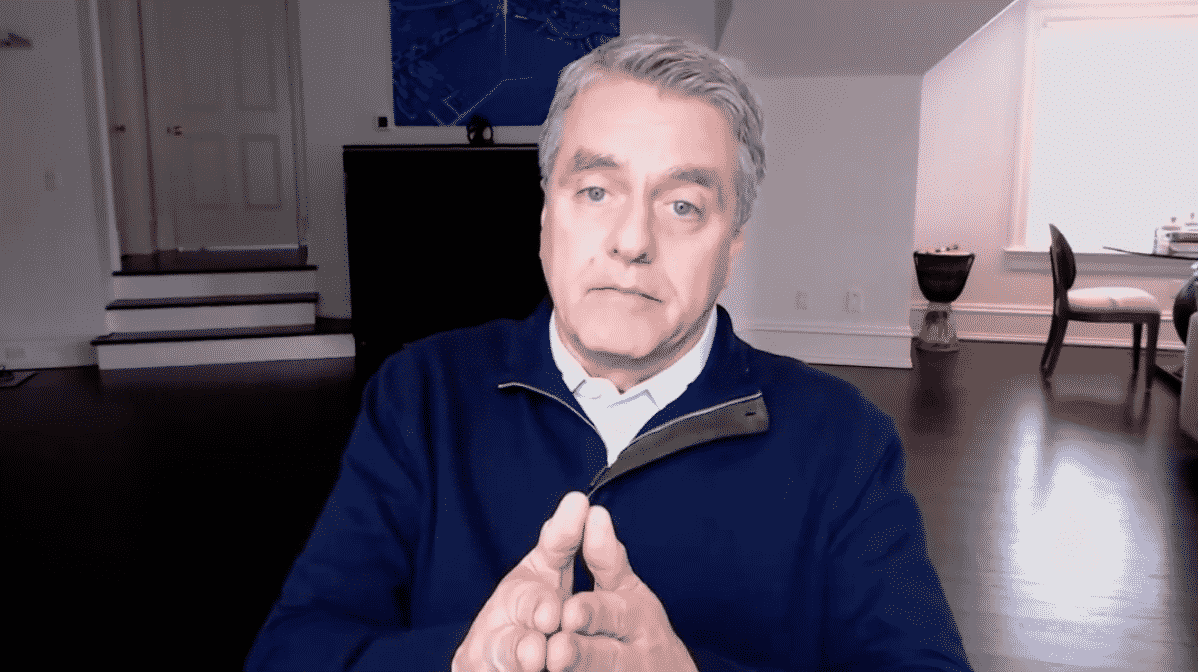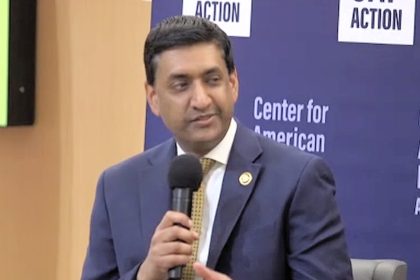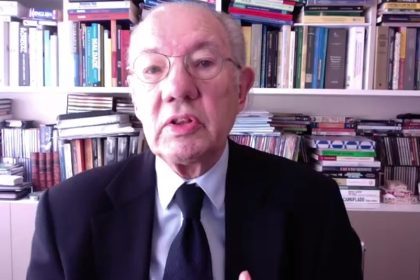Consensus, Sabotage Spoiling WTO According to Former Director

WASHINGTON — As the World Trade Organization plans to convene in Geneva next month for its 12th ministerial conference, top officials — including the WTO’s last director — wonder if this conference will be a “make or break” moment for the only global international organization that handles the rules of trade between nations.
“WTO continues to underperform,” Dennis Shea, former U.S. permanent representative to the WTO and now an executive director at the Bipartisan Policy Center, told the D.C.-based think tank in a discussion on the future of the WTO this week.
“COVID-19 and Russia’s invasion of Ukraine have further impacted the WTO’s operations and mission, calling into question whether the organization is indeed fit for [its] purpose.”
And without something ambitious on the agenda for its first meeting in four years, the very future of the international organization established 27 years ago as a successor to the General Agreement of Tariffs and Trade could be at stake.
WTO’s mission is to monitor and implement the series of agreements that constitute the global system of trade rules along with quotas, tariffs, subsidies and regulations. The organization is also a forum for negotiating new agreements among its 164 member countries, and it offers a system for settling disputes among them.
Roberto Azevêdo, who was WTO director-general, the organization’s top official from 2013 to 2020, agreed with Shea that since WTO’s last negotiated multinational agreement, it has been “deteriorating quite considerably.”
“Multilateralism requires true leadership and commitment, and I think over time it was missing,” Azevêdo said.
While he believes the WTO is in the process of recovering or rebuilding, there are challenges moving forward, not the least of which is his belief that some members don’t want the organization to succeed.
“If I had a magic wand… what I would like is a common sense of desire to have the organization work. I don’t think that all members are in that space right now,” Azevêdo told BPC.
Categorizing WTO members into three distinct groups, he said, “One group… doesn’t like the WTO. They don’t want it, it’s as simple as that!”
He described a second group that wants the system but doesn’t want any changes, and a third wants the system but knows that it needs changes for it to be acceptable. And of those that want changes, some want more rules and others want more flexibility.
“It’s really difficult to get consensus and a positive outcome when you have members who are actually hoping that the system will not progress,” Azevêdo said.
And consensus is the other WTO sticking point.
Like its predecessor, GATT, WTO makes decisions not by voting, but by positive consensus, which Azevêdo claims is “impossible.”
Not only is it difficult in today’s fractured international environment to achieve consensus on trade agreements, but on organizational changes as well.
“There was absolutely no consensus on where the reforms would be,” Azevêdo described his experience. “So in my view, if any kind of reform is done, it would need to be done… in a way that doesn’t require consensus.”
To be successful, he suggests making this rules change as well as restoring WTO’s practically defunct dispute settlement mechanism, a board which has been reduced to a single member despite the requirement that it be comprised of a minimum of three (and up to seven).
Achieving a new agreement, like the one on fisheries subsidies that has been negotiated since 2001, could reinvigorate the WTO. Still, officials aren’t optimistic, especially since there is nothing on next month’s conference agenda ambitious enough.
On the other hand, there is nothing that could shatter the organization either, so the future of the WTO remains up in the air.
“This is not the last time that a multilateral organization will face structural and existential changes,” Azevêdo said.
“I don’t think it’s a make or break, simply because there is nothing on the agenda that would either make — or break — the WTO.”
Kate can be reached at [email protected]
























